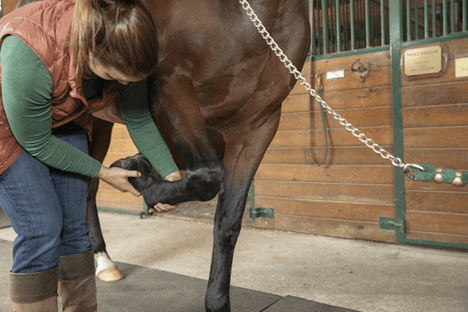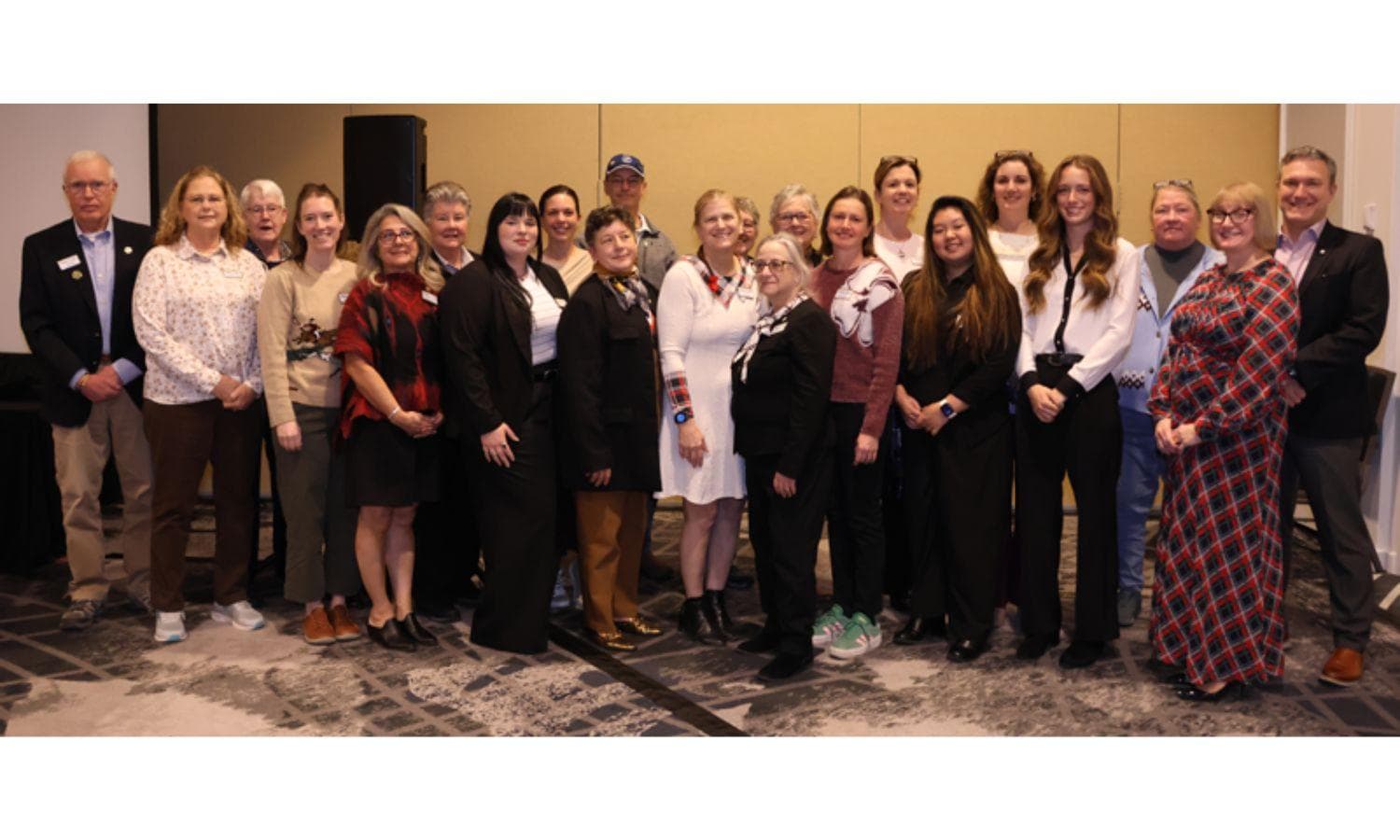If You Have a Horse, You Have an Athlete: Tips for Managing Degenerative Joint Disease in Your Equine Athlete

Estimates indicate up to 60 percent of lameness in the horse is related to end-stage degenerative joint disease (DJD), also known as osteoarthritis (OA). DJD can influence performance and significantly impact any horse—from top competitors and weekend warriors to aging seniors.
Daily training, competition, and riding, not to mention age-related degenerative processes, can all lead to a disruption in a healthy joint’s natural wear and repair cycle. Your veterinarian can help by observing the signs of DJD in your horse, diagnosing the disease early and starting treatment with a product that treats the disease, not just the clinical signs.
For over 30 years, Adequan® i.m. (polysulfated glycosaminoglycan) has been used millions of times by leading veterinarians2 because it is proven to help: reduce inflammation, restore synovial joint lubrication, repair joint cartilage and reverse the disease process.3,4 It’s a powerful tool in the fight against equine DJD.
Six tips for managing OA in your horse:
- Maintain your horse’s healthy weight—excess weight can put considerable stress on joints
- Encourage regular exercise—activity is essential for a horse’s healthy joints
- Allow appropriate cooling out after vigorous exercise
- Provide balanced nutrition, especially during the growth phase
- Schedule regular veterinary well-checks—monitoring for signs of osteoarthritis allows your veterinarian to make an early diagnosis and start treatment before the disease worsens or becomes irreversible
- Ask your veterinarian about Adequan i.m.—the only FDA-approved polysulfated glycosaminoglycan (PSGAG) and an important first-line treatment for DJD because of its ability to produce disease-modifying effects5
Discover if Adequan® i.m. is the right choice for your horse. Visit adequan.com for more information.
INDICATIONS
Adequan® i.m. (polysulfated glycosaminoglycan) is recommended for the intramuscular treatment of non-infectious degenerative and/or traumatic joint dysfunction and associated lameness of the carpal and hock joints in horses.
IMPORTANT SAFETY INFORMATION There are no known contraindications to the use of intramuscular Polysulfated Glycosaminoglycan. Studies have not been conducted to establish safety in breeding horses. WARNING: Do not use in horses intended for human consumption. Not for use in humans. Keep this and all medications out of the reach of children. CAUTION: Federal law restricts this drug to use by or on the order of a licensed veterinarian. For full prescribing information, visit adequan.com.















